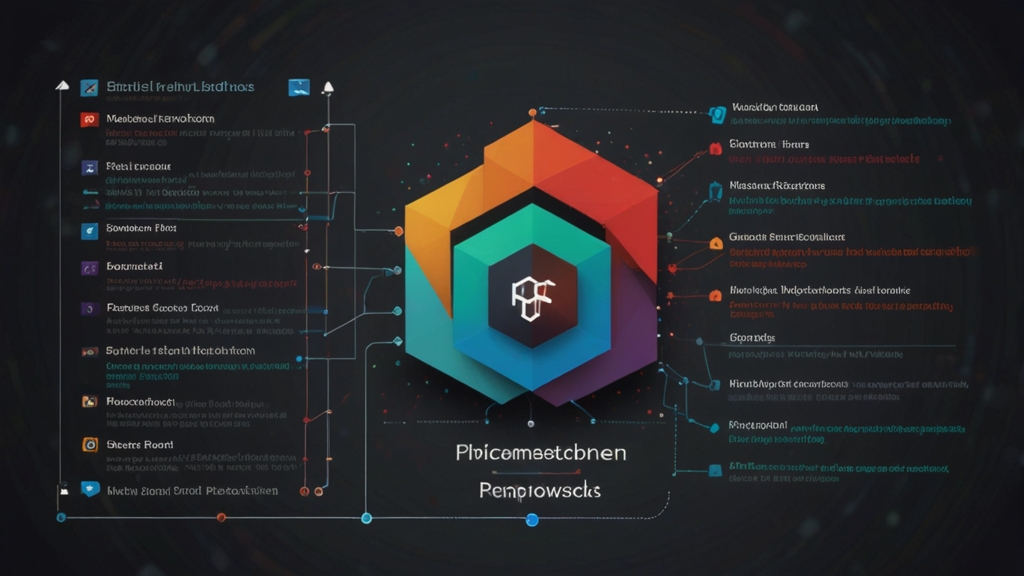Glimpses of Wisdom: The Importance of Epistemology in Modern Times
In an era dominated by rapid technological advancements, the relentless flow of information, and the constant evolution of scientific understanding, the significance of epistemology has never been more evident. Epistemology, the philosophical study of knowledge, its nature, sources, and limits, plays a crucial role in how we process information and develop our understanding of the world. By examining how we come to know what we know, epistemology provides a framework for critically evaluating claims, distinguishing between justified belief and mere opinion, and making informed decisions.
Understanding Epistemology
Epistemology seeks to address fundamental questions such as: What is knowledge? How is knowledge acquired? What do people actually know? By delving into these queries, epistemology challenges us to reflect on our cognitive processes and the validity of our beliefs. Historically, philosophers like Plato, Aristotle, Descartes, and Kant have made substantial contributions to epistemological discourse, each offering unique perspectives on how knowledge is structured and validated.
The Relevance of Epistemology in the Digital Age
In today's digital age, where information is abundant yet often misleading, epistemology provides essential tools for navigating the complexities of modern life. The internet has democratized access to information, but it has also facilitated the spread of misinformation and fake news. Critical thinking, a key aspect of epistemology, empowers individuals to evaluate sources, analyze arguments, and differentiate between credible information and falsehoods.
"To believe with certainty, we must begin with doubting." – Stanisław Leszczyński
This quote encapsulates the spirit of epistemology: a commitment to questioning and skepticism as pathways to true knowledge. By fostering a mindset that prioritizes inquiry over blind acceptance, epistemology helps individuals resist the allure of unverified claims and cultivate a more discerning approach to information.
Epistemology and Scientific Progress
The scientific method, grounded in empirical evidence and systematic observation, owes much of its rigor to epistemological principles. Hypothesis testing, falsifiability, and peer review are all mechanisms designed to ensure that scientific knowledge is robust and reliable. By scrutinizing the methodologies and assumptions that underpin scientific research, epistemology reinforces the credibility and integrity of scientific discoveries.
"Science is organized knowledge. Wisdom is organized life." – Immanuel Kant
Science, in its quest for organized knowledge, benefits immensely from the insights provided by epistemology. By encouraging open-mindedness, critical assessment, and intellectual humility, epistemology enhances our ability to make sound judgments based on evidence and reason.
The Ethical Dimensions of Knowledge
Epistemology also intersects with ethics, raising important questions about the responsible use of knowledge. In areas such as artificial intelligence, biotechnology, and environmental policy, the consequences of our knowledge and the decisions we make based on that knowledge have profound ethical implications. Epistemology urges us to consider not only what we know but also how we use that knowledge in ways that promote the well-being of individuals and society as a whole.
"Knowledge is power. Power to do evil... or power to do good. Power itself is not evil. So knowledge itself is not evil." – Veronica Roth
This perspective highlights the dual potential of knowledge to both harm and heal. By emphasizing the importance of thoughtful application, epistemology guides us toward ethical and beneficial uses of our intellectual capabilities.
Conclusion
In conclusion, the relevance and importance of epistemology in modern times cannot be overstated. As we navigate an increasingly complex and interconnected world, the tools and insights provided by epistemology are invaluable. From enhancing our critical thinking skills to ensuring the reliability of scientific research and addressing the ethical dimensions of knowledge, epistemology equips us with the wisdom needed to make informed and responsible decisions. By embracing the principles of epistemology, we can better understand our world, ourselves, and our place within the vast tapestry of human knowledge.









